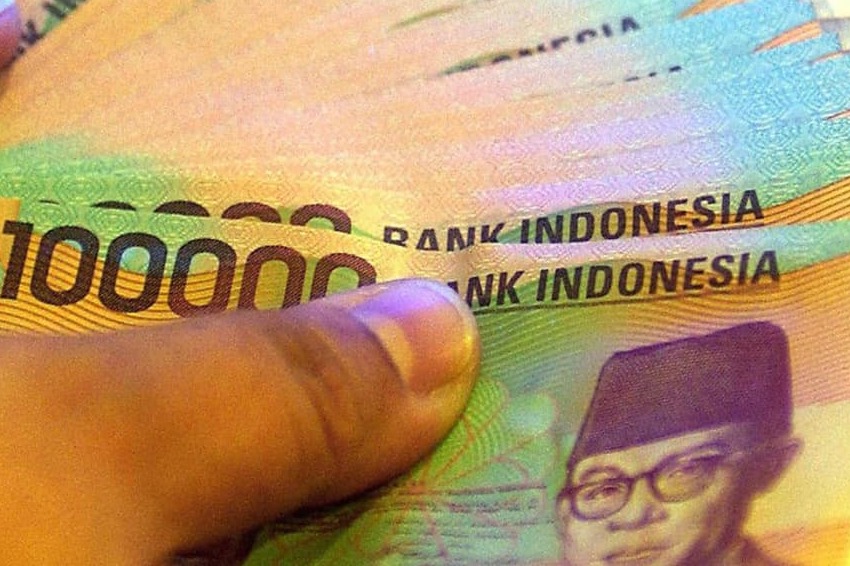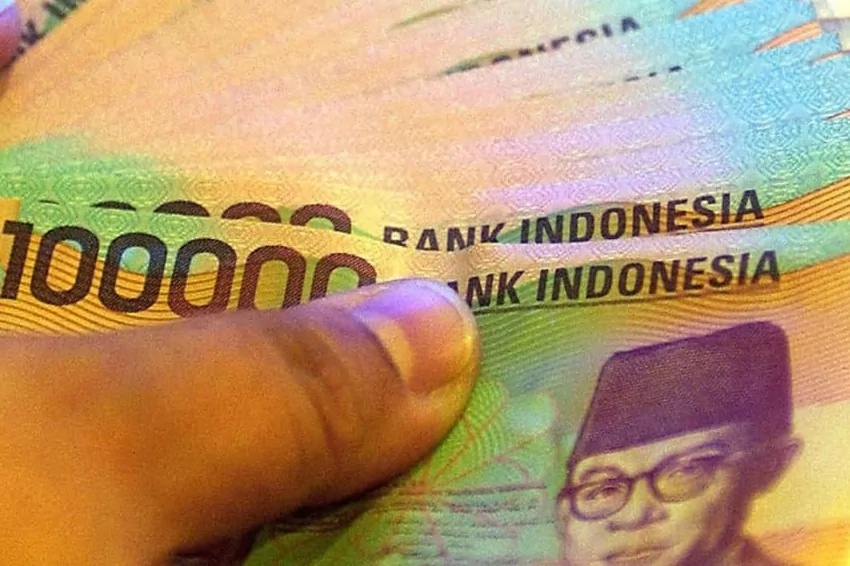

(c) CNBC
Last updated on February 13th, 2023 at 01:14 pm
Indonesia’s GDP grew by 5.3% in 2022, its greatest performance since 2013. It did so due to increased spending and record-breaking exports. As COVID-19 limits loosened, household spending surged, aided by travel. Exports increased to $292 billion as a result of surging commodity prices in the aftermath of the Russian invasion of Ukraine. Indonesia is one of the world’s leading suppliers of thermal coal, palm oil, and nickel steel.
The Indonesian government anticipates a reduction in exports in 2023 due to a predicted decline in commodity prices and a global economic slowdown. Nevertheless, Indonesia anticipates a growth rate of around 5 percent, driven by household spending and the resumption of tourism.
In 2021, the female labor force participation rate in Indonesia will be approximately 53 percent, which is quite low for the area. Despite fundamental changes in the economy, improvements in education, a decline in early marriage rates, and a decline in fertility, these statistics have stayed constant for more than two decades. In addition, the disparity between male and female labor force participation rates is among the greatest in the area, at over 30 percent. The World Bank projects that Indonesia’s GDP would expand by an extra $62 billion if women’s involvement in the labor force increased to 58 percent.
Emerging data suggests that a dearth of inexpensive and high-quality child care options is a significant barrier to women’s employment. Data from Indonesia’s labor force survey (Sakernas) indicate that over 40 percent of women who previously worked for wages no longer do so following marriage and delivery, with almost half of these women citing family-related reasons for dropping out (see chart). Expanded access to early childhood education programs, on the other hand, is associated with a higher likelihood of employment (Halim et al., 2021).
Future generations of workers may realize long-term advantages in human capital by supporting investments in early childhood education and care. Additionally, economic advantages might be gained in the short term through advances in women’s employment and pay as well as company productivity. Lastly, investing in childcare produces jobs: as women enter the labor force, the demand for childcare positions and services increases.
However, Indonesia’s entire public investment on early children care and development is projected to be roughly 0.04 percent of GDP, significantly below the Organization for Economic Co-operation and Development’s 1 percent guideline. How might increasing public investment on early childhood education and child care effect Indonesia?
According to a recent World Bank analysis, if Indonesia expanded public spending on childcare services, the gains would be progressive and welfare-enhancing; all income groups would benefit, but lower-income segments would benefit more. Increasing public spending on childcare would also result in more women entering the labor force and economic growth gains over baseline projections. The model examined two scenarios in which public expenditures increased by 0.1% and 0.5% of GDP.
The analysis demonstrates that Indonesia would benefit from increased public spending on child care. To attain these benefits, Indonesia may adopt a number of governmental measures.
First, building a comprehensive vision and road map that specifies national policies, goals, and objectives, and clarifies the roles and responsibilities of participating ministries and throughout government in support of expanding access to childcare.
Second, carefully develop and implement fiscal stimulus for childcare services, with a focus on low-income and disadvantaged children, and promote a variety of services and solutions for families with children from birth to age six that are related to parental employment.
Third, supporting the overall care economy with investments. There is a good chance that any fiscal stimulus aimed at increasing childcare will also require substantial labor and other support services to expand the industry. The growth of childcare services would also require targeted assistance for entrepreneurs, particularly women entrepreneurs, to create and operate childcare firms.
Through information campaigns and outreach services, continue to connect with developing societal norms.
Indonesia will be investing in its future by developing these undeveloped resources.
Read| Emirates has launched a humanitarian airbridge to transfer critical relief supplies
Cebu Pacific celebrates the delivery of its very first aircraft for 2025, the 459-seat Airbus A330neo, delivered at Ninoy Aquino…
March 29, 2025, will deliver the first solar eclipse of the year when observers from numerous continents can witness this…
Chinese President Xi Jinping invited 40 foreign business executives to Beijing on Friday to boost investor confidence and restore stable…
Thailand is set to host Group B of the AFC Women’s Asian Cup 2026 Qualifiers where India, Mongolia, Timor Leste…
The unveiling of an instrument that may symbolize a step toward updating the country’s financial identity is the celebration of…
Big investment company KKR is close to finishing its purchase of Japanese medical equipment manufacturer Topcon as private equity firms…
This website uses cookies.
Read More